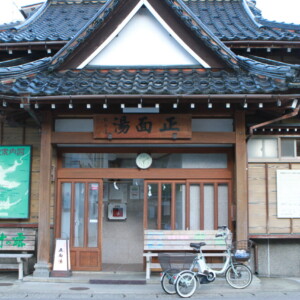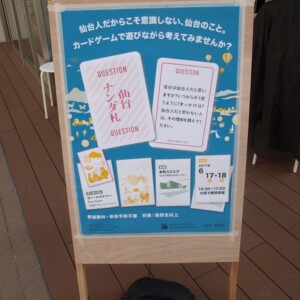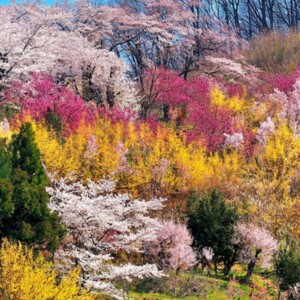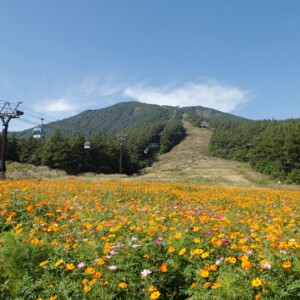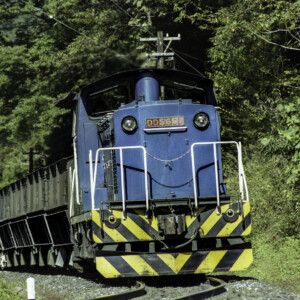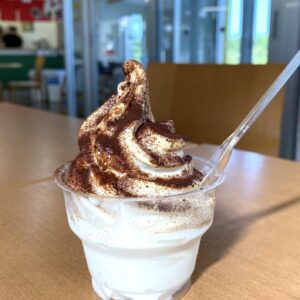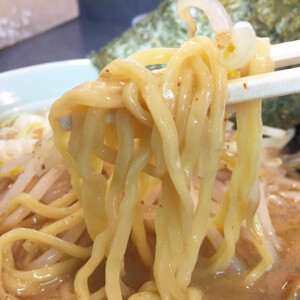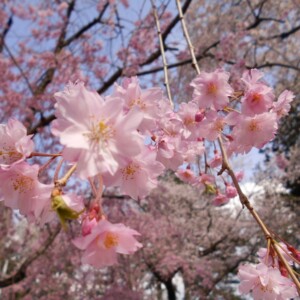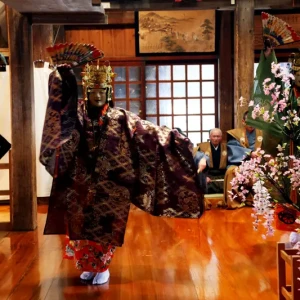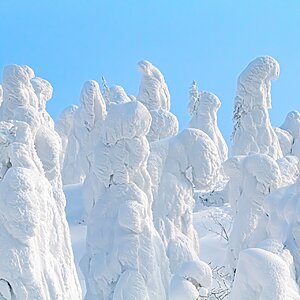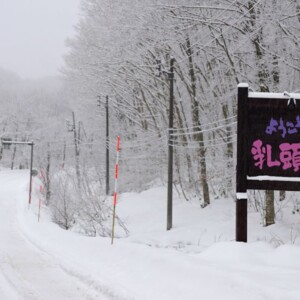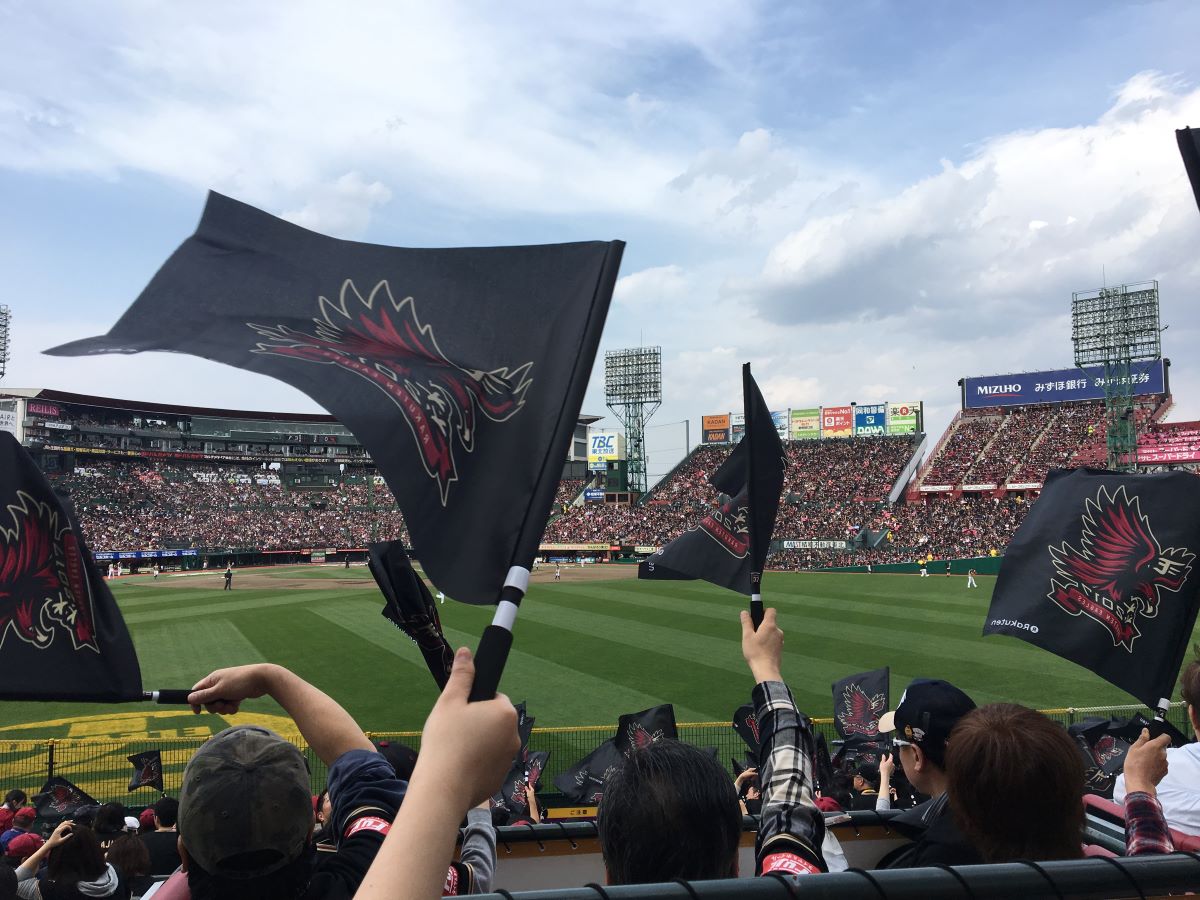
[Miyagi Prefecture] Let's show off our baseball power! Trivia about the Tohoku Rakuten Golden Eagles
table of contents
- 1 Tohoku Rakuten Golden Eagles (NPB: Pacific League)
- 2 What does Golden Eagles mean? What are the team colors?
- 3 The Tohoku Rakuten Golden Eagles' journey so far
- 3.1 Founding a baseball team after the reorganization of professional baseball
- 3.2 First time advancing to the climax stage
- 3.3 Determination to Recover from the Great East Japan Earthquake
- 3.4 "Let's do our best, Tohoku" - To achieve our long-cherished goal of becoming number one in Japan!
- 3.5 Aiming for a second Japan championship
- 4 Where is the Tohoku Rakuten Golden Eagles' home stadium?
- 5 summary
It has been 18 years since the Tohoku Rakuten Golden Eagles, based in Sendai, became the first team in 50 years to join the Nippon Professional Baseball (NPB) Pacific League
It was only nine seasons after the team was founded that they won their first league championship and became the best team in Japan
Tohoku Rakuten Golden Eagles (NPB: Pacific League)
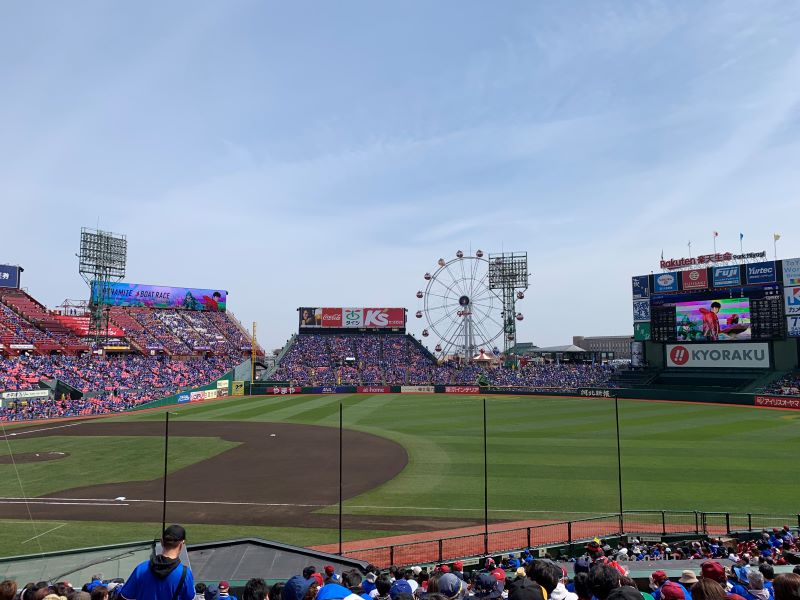
The official franchise is in Sendai, Miyagi Prefecture, but as the official name includes "Tohoku," the team is a representative team of the six Tohoku prefectures and hosts official Pacific League games in each prefecture
Recently, more and more children are wearing Eagles hats in the other five prefectures, and over time the team is becoming established as a professional baseball team in Tohoku
What does Golden Eagles mean? What are the team colors?
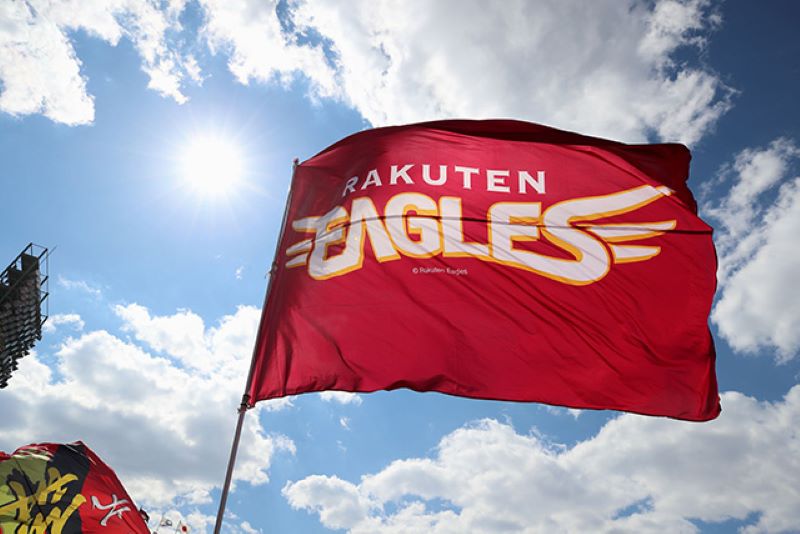
Golden Eagle is the English name for the golden eagle, and is used as a team name because it is commonly found in the Tohoku region, and is also used in the emblem of Vegalta Sendai, a J-League soccer team
The team color is "crimson red," which is a deep, rich red, unlike "burgundy" or "wine red."
The team logo features "EAGLS" as a "flapping golden eagle," and the "E" is used as the mark on the hats
By the way, fans sometimes call the Eagles' team caps "hair hats" because the "E" resembles the kanji character for "hair."
Retired numbers "10" and "77"
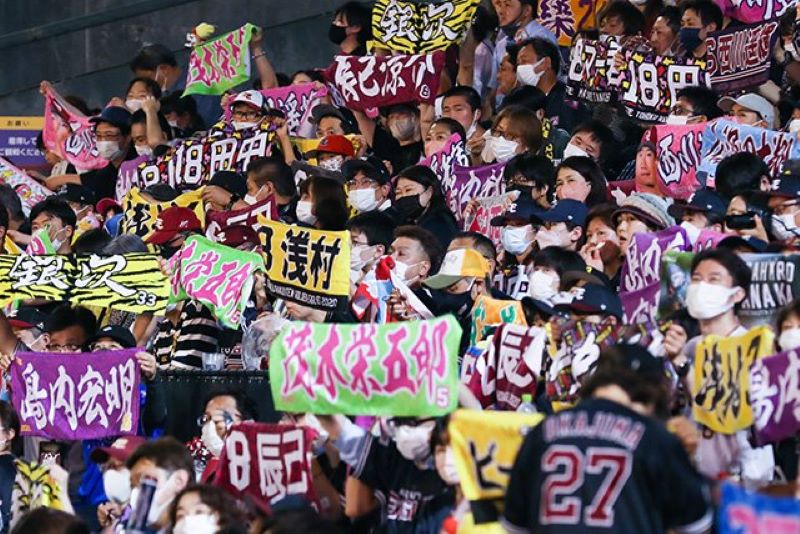
The Eagles' uniform number "10" has been retired since the team's founding as a "number for fans."
In baseball, defensive positions are often represented by numbers 1 through 9, and players' uniform numbers are based on those numbers. For the Eagles, Fan is the 10th starting member
In addition, "77" was the uniform number of the late manager Senichi Hoshino, who led the team to its first ever Japan Series championship in 2013, and in honor of his achievement, the number 77 has become a permanent fixture for the first time in Japanese baseball
Fan-loved team mascot
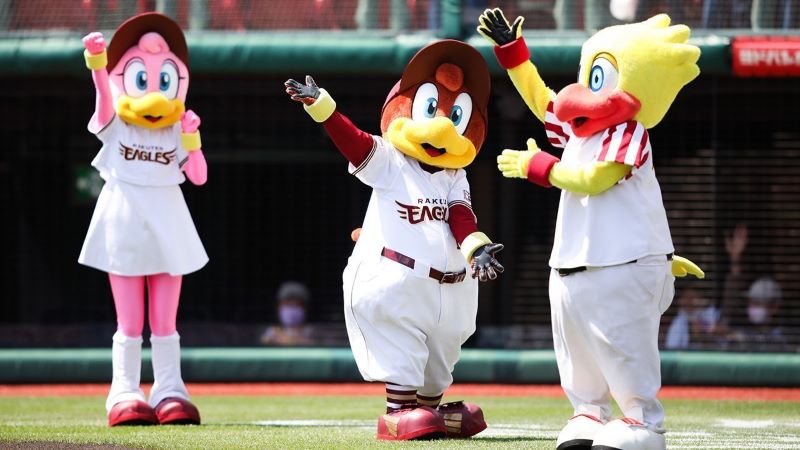
CLUTCH is a hardworking, onigiri-loving boy with the number 10 on his jersey
Clutchena is a kind, honest female golden eagle with cute pink feathers who loves strawberries
The name "Clutch" means "grab" in English, and it expresses their desire to grab victory and the hearts of their fans
Also, in 2016, a male Harpy Eagle named "SWITCH" came to Japan from California, USA, as a new foreign resident
In addition, various other characters will appear, such as "Mr. Carrasco," who is unofficial but occasionally interrupts matches
Tohoku Golden Angels
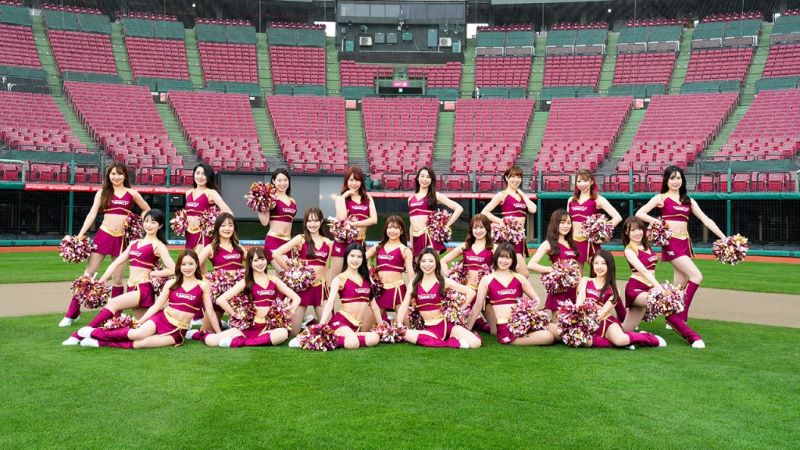
This cheer team has been uniting with fans to liven up the cheering since 2005
In addition to cheering at the stadium, the team also engages in "Tohoku Rokken Activities," which involve visiting kindergartens, nursery schools, elementary and junior high schools in the six Tohoku prefectures, as well as other activities closely connected to the six Tohoku prefectures, such as local events and consolation activities
The Tohoku Rakuten Golden Eagles' journey so far
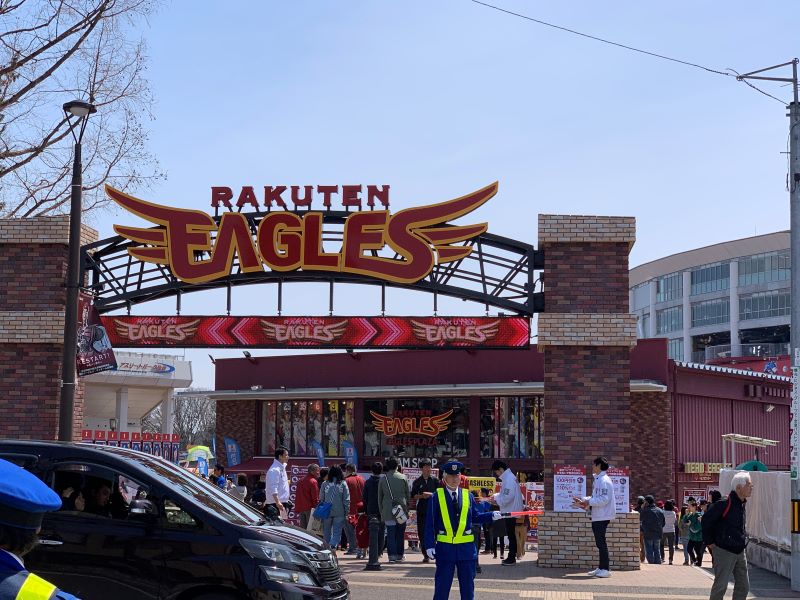
Lotte once used Miyagi Baseball Stadium (now Rakuten Mobile Park Miyagi) as a quasi-franchise from 1973 to 1977, but it was incomplete as the Japan Series was never held there, and there was no professional baseball team that took root in Tohoku
However, in 2004, the Orix BlueWave and the Osaka Kintetsu Buffaloes announced a merger, creating momentum for the creation of a professional baseball team in Tohoku
Founding a baseball team after the reorganization of professional baseball
- October 22, 2004: Team name announced as "Tohoku Rakuten Golden Eagles (commonly known as the Rakuten Eagles)"
- November 2, 2004: Rakuten's entry into the professional baseball league is officially approved at the owners' meeting
- November 8, 2004: An allocation draft was held with the Orix Buffaloes, and 40 players signed with the team
- November 17, 2004: Participated in the professional baseball draft and selected the first home-grown player
- February 1, 2005: The team's first training camp is held on Kumejima Island in Okinawa Prefecture
- March 26, 2005: The 2005 season begins under the direction of the first manager, Yasushi Tao
First time advancing to the climax stage
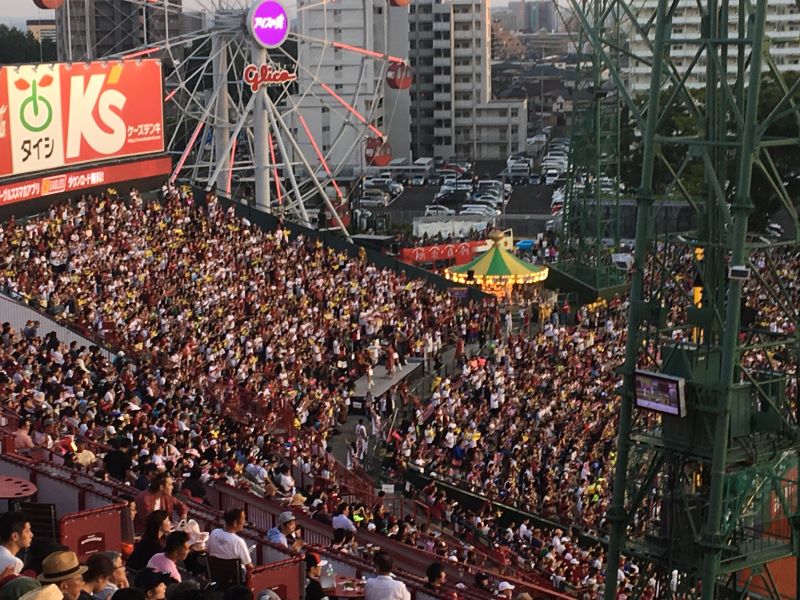
In their first season in 2005, they started off in last place with 38 wins, 97 losses and 1 draw, but in 2006 they aimed to move up the rankings with the arrival of the late Katsuya Nomura, a highly experienced and renowned coach, as their second manager
- October 9, 2009: Finished second in the season and became the team's first Class A team
- October 2009: Defeats SoftBank in the first stage of the Climax Series and advances to the second stage
- 2010: Marty Brown, who had been Hiroshima's manager until the previous year, becomes the third manager
Determination to Recover from the Great East Japan Earthquake
The Great East Japan Earthquake occurred on March 11, 2011, the year the late Senichi Hoshino was appointed as the fourth manager
The team, which was in Akashi City, Hyogo Prefecture for an exhibition game, was unable to return to the disaster-stricken city of Sendai and will be playing in that location for the opening game
On April 2, 2011, at a charity game held by 12 baseball teams to support reconstruction efforts, Shima Motohiro, who was then the chairman of the players' association, gave a speech on behalf of the team, saying, "Let's show the true power of baseball," which touched the hearts of the Japanese people
"Let's do our best, Tohoku" - To achieve our long-cherished goal of becoming number one in Japan!
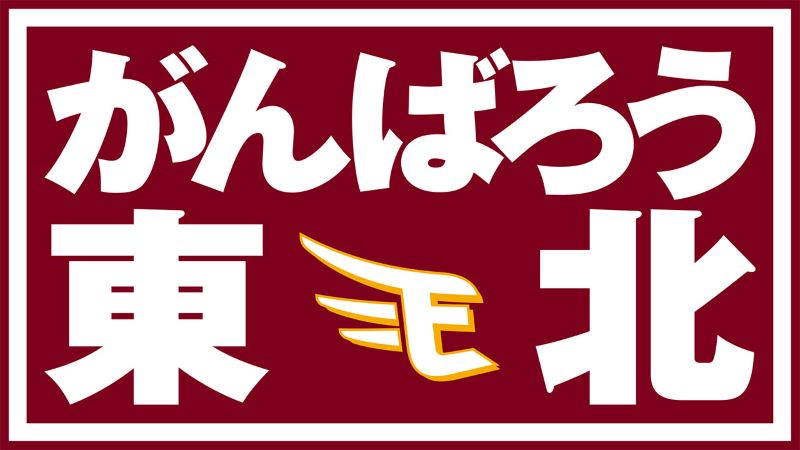
In the 2013 season, Hoshino's third year as manager, the Eagles won their first league championship with a record of 82 wins, 59 losses, and 3 ties, and defeated Lotte in the final stage of the Climax Series to advance to the Japan Series
The Japan Series against the Giants was tied at 3-3 and went into a seventh game. In the top of the ninth inning, Masahiro Tanaka, who had pitched a complete game loss the previous day, came in as the closer and became the pitcher to be hoisted on the shoulders of the team in celebration of their victory as Japan's champions in his final game before heading to the United States to try his hand at the majors
When the No. 18 player, who had achieved the remarkable feat of 24 consecutive wins that season, took to the mound, the stadium spontaneously erupted in a chorus of his entrance song, "Ato Hitotsu," which evoked an incredibly moving feeling and is still talked about among fans today
Aiming for a second Japan championship
In the 10 years since the team became the number one team in Japan until this year, the team has had a succession of managers, including the fifth manager, Okubo Hiromoto, the sixth manager, Nashida Masahiro, the seventh manager, Hiraishi Yosuke, and the eighth manager, Miki Hajime, and since 2021, General Manager Ishii Kazuhisa has also served as the ninth manager
That year, Masahiro Tanaka decided to return from the MLB New York Yankees, and he took the mound for the Eagles wearing the number 18 uniform, which was considered a "semi-permanently retired" number
Where is the Tohoku Rakuten Golden Eagles' home stadium?
Miyagi Baseball Stadium in Miyagino Ward, Sendai City is renovated almost every year and used as a ballpark, Rakuten Mobile Park Miyagi (capacity: 31,272 people)
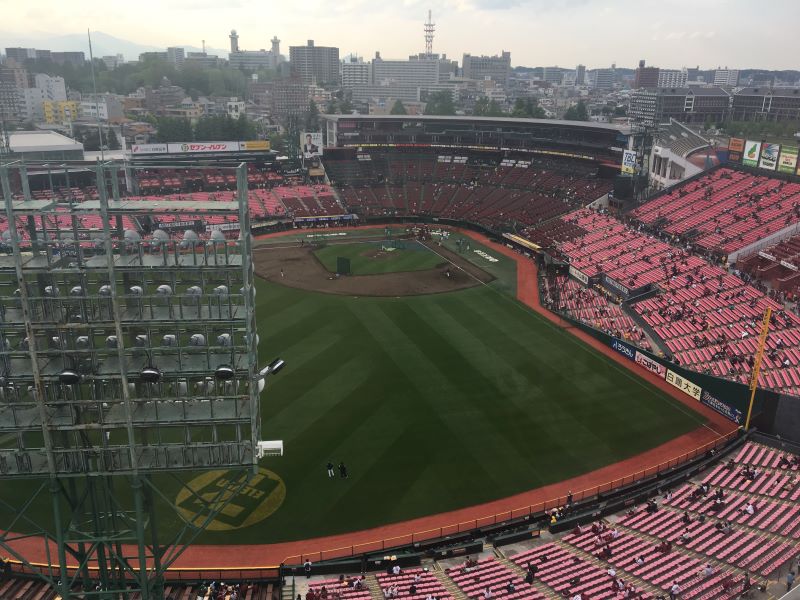
The asymmetrical seating area offers a wide variety of seating options, allowing for a variety of viewing styles
The stadium was originally fitted with artificial turf, but was replaced with natural turf in 2015
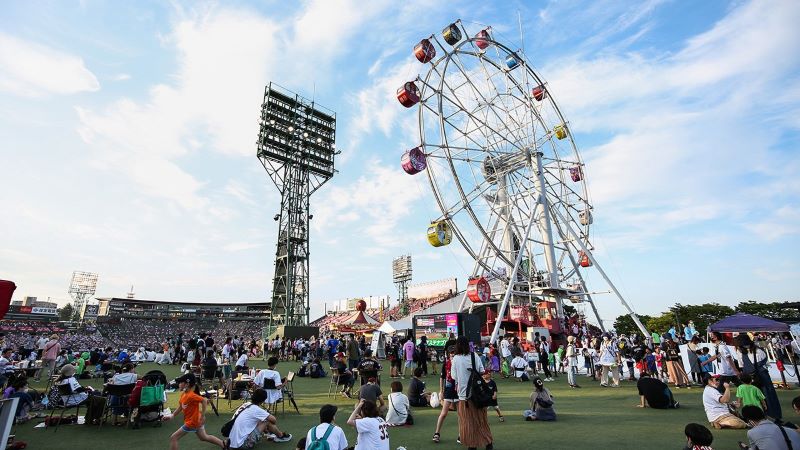
Behind the left-field seats is Smile Glico Park, a small amusement park with a Ferris wheel and merry-go-round, as well as the Rakuten STAY x EAGLES facility, where you can stay overnight and enjoy the stadium atmosphere
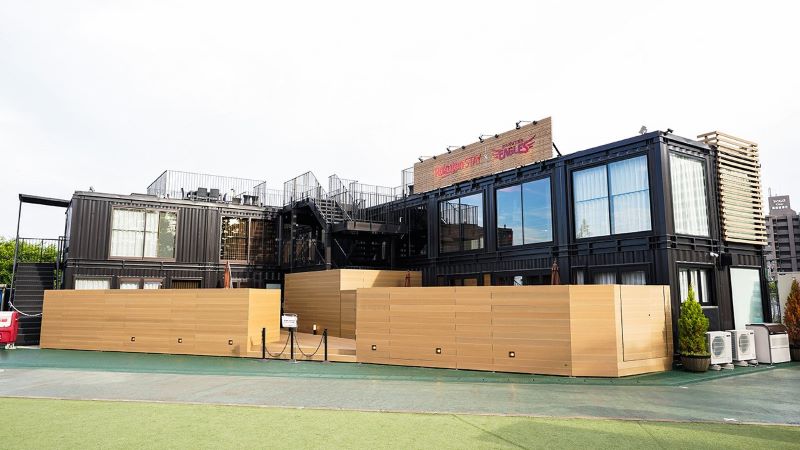
INFORMATION
- Team name: Tohoku Rakuten Golden Eagles
- Office address: 2-11-6 Miyagino, Miyagino-ku, Sendai City, Miyagi Prefecture (Rakuten Mobile Park Miyagi)
- Phone number: 050-5817-8066
- URL: Tohoku Rakuten Golden Eagles official website
- Home stadium name: Rakuten Mobile Park Miyagi (Miyaginohara Park General Sports Ground)
GOOGLE MAP
summary
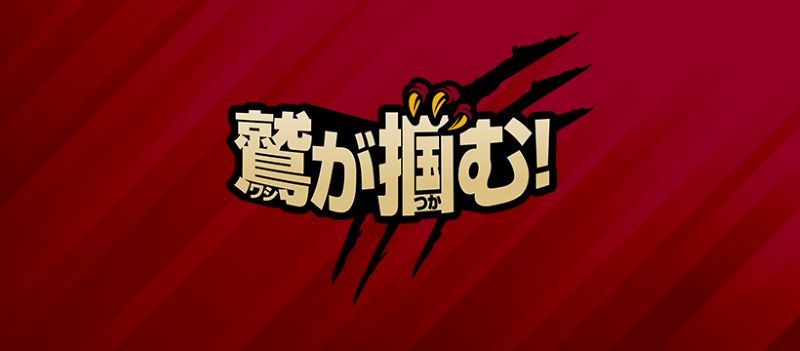
For the 2023 season, as the COVID-19 pandemic of the past few years is beginning to subside, entry restrictions have been lifted and fans will be able to cheer loudly
As of April 25th, the team is in 5th place (7 wins, 11 losses), which is a bit of a slow start, but with the slogan "The Eagle Will Grab It," they are expected to make a comeback and become number one in Japan for the first time in 10 years


![[Miyagi Prefecture] Professional sports in Miyagi Prefecture lead the Tohoku region! [Introduction to professional sports in the six Tohoku prefectures] Ball 2](https://jp.neft.asia/wp-content/uploads/2023/04/56074127fe3f0a7b84f64671c4fd5a8d-150x150.jpg)
![[Fukushima Prefecture] Fukushima's professional sports teams are striving to reach the top! [Introduction to professional sports in the six Tohoku prefectures] J Village](https://jp.neft.asia/wp-content/uploads/2023/04/c3a282962d69a598924c98e02998cd1c-150x150.jpg)
![[Yamagata Prefecture] Two quietly passionate professional teams beloved by the people of Yamagata Prefecture [Introduction to professional sports in the six Tohoku prefectures] soccer goal](https://jp.neft.asia/wp-content/uploads/2023/04/192b194509c05f21f6e02fc7cd288143-150x150.jpg)
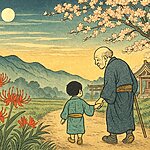
![Esashi Fujiwara Village is a famous filming location for historical dramas! See, touch, and experience the beauty of the Heian period [Oshu City, Iwate Prefecture] Esashi Fujiwara Village "Main Gate of the Government Office"](https://jp.neft.asia/wp-content/uploads/2017/06/28205566_m-150x150.jpg)

![[Iwate Prefecture] Iwate, the birthplace of Yusei Kikuchi, Shohei Ohtani, and Roki Sasaki, is reaching new heights in professional sports! [Introduction to professional sports in the six Tohoku prefectures] Iwate](https://jp.neft.asia/wp-content/uploads/2023/04/50d8cbd6451a9f98b4cd9be237eec371-150x150.jpg)
![Why are there no virgin beech forests larger than the Shirakami-Sanchi in the world anymore? [Fujisato Town, Aomori Prefecture] Shirakami Mountains, Mount Iwaki in the distance](https://jp.neft.asia/wp-content/uploads/2025/09/0d3ff92f34c42ae905cbae977b5345c3-150x150.jpg)
